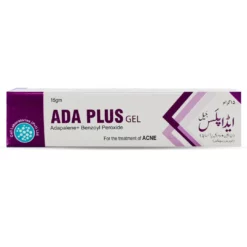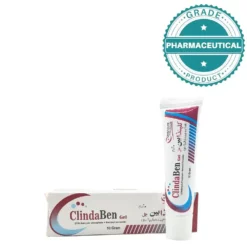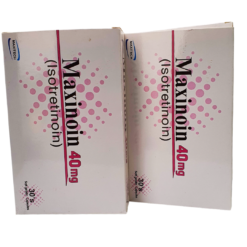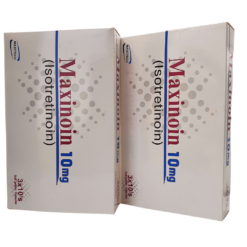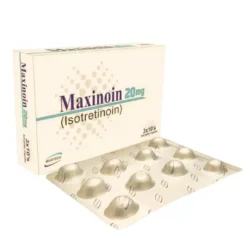Acne medication encompasses a range of topical creams, gels, oral pills, and treatments designed to alleviate and prevent acne breakouts. These medications target various factors contributing to acne, such as excess oil production, clogged pores, bacteria, and inflammation. Common ingredients include benzoyl peroxide, salicylic acid, retinoids, antibiotics, and oral contraceptives. Benzoyl peroxide and salicylic acid work by unclogging pores and reducing inflammation, while retinoids regulate cell turnover and prevent pore blockages. Antibiotics, both topical and oral, target acne-causing bacteria, particularly in more severe cases. Oral contraceptives can help regulate hormonal imbalances contributing to acne in some individuals. The effectiveness of acne medication varies depending on factors like skin type, severity of acne, and adherence to treatment regimens. Side effects may include dryness, redness, peeling, and increased sensitivity to sunlight. It’s essential to consult a healthcare professional to determine the most suitable treatment plan tailored to individual needs and monitor any potential side effects closely. Consistency and patience are key as acne medication often requires several weeks to months for noticeable improvement
- ENJOY FREE SHIPPING OVER Rs.5,000/-
- ENJOY FREE SHIPPING OVER Rs.5,000/-
- Home
- Browse Categories
- Most Popular
Dispensing Medicine
Dispense medicine as per prescription.
On-Demand Import
We import from UAE, UK, EU & US.
- Best Selling
Useful Links


- Medicines
- Lip Care
- Kid’s & Baby Care
- Hand & Foot Care
- Contact us
Showing all 6 resultsSorted by popularity
(11)
₨ 2,450



